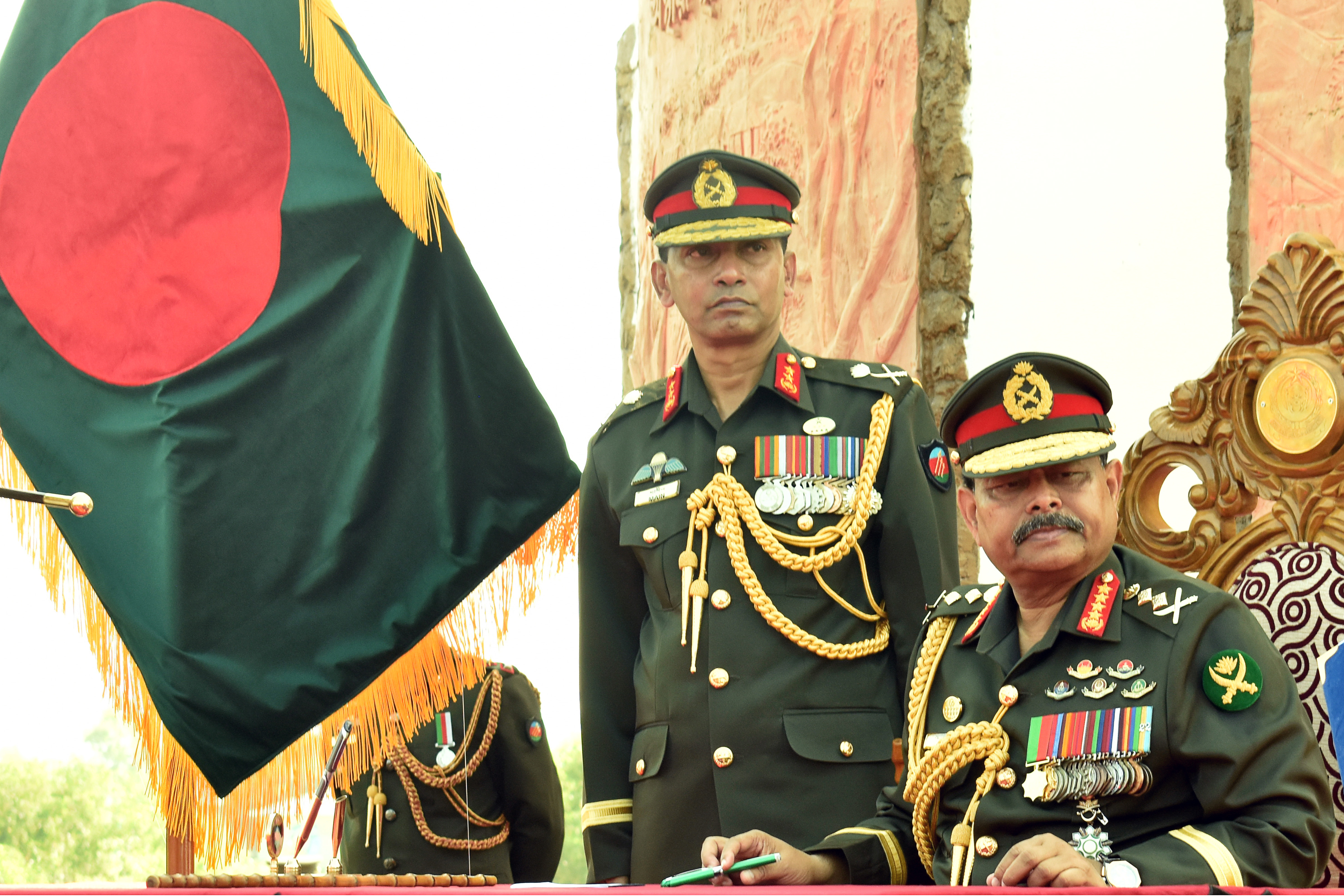Bangladesh’s army chief, General Waker-uz-Zaman, has pledged full support for Nobel laureate Muhammad Yunus’ interim government, which took power after the ousting of Prime Minister Sheikh Hasina. Zaman vowed to back the administration “come what may” in order to achieve vital reforms and prepare the country for democratic elections within the next 18 months.
Zaman, who assumed the role of army chief shortly before Hasina’s departure, highlighted the military’s commitment to ensuring the interim government’s success in implementing judicial, police, and financial reforms. These reforms are viewed as essential to ensuring free and fair elections in Bangladesh, a country of 170 million people. Zaman stressed the importance of patience in this transition, estimating a timeline of one to one-and-a-half years for the full restoration of democracy.
Yunus, known globally as the founder of the microcredit movement, has taken charge of the interim government following the resignation of Sheikh Hasina in early August. Hasina stepped down after 15 years in power amidst widespread student-led protests against her government, leading to her fleeing to India. The protests, initially focused on public sector job quotas, escalated into a broader anti-government uprising, resulting in over 1,000 deaths—the bloodiest period in the country’s history.
Despite the Awami League and the Bangladesh Nationalist Party (BNP) calling for elections within three months of the interim government’s formation, Zaman emphasized the need for stability before rushing into elections. He noted that Yunus and the army are collaborating closely, with the military stepping in to maintain law and order as parts of the civil service, especially the police, remain non-functional following Hasina’s exit.
Bangladesh’s military, which has historically played a role in the country’s politics, is undergoing reforms under Zaman’s leadership. He is determined to distance the army from political interference, affirming his commitment to professionalism within the ranks. The military, which is also a significant contributor to UN peacekeeping missions, is reviewing allegations of misconduct by its personnel under the former government, with some already facing punishment.
The interim government has established a commission to investigate the disappearance of up to 600 people since 2009, reportedly abducted by security forces during Hasina’s tenure. Zaman also proposed reforms to change the constitutional framework, placing the military directly under the president instead of the prime minister, to ensure it is never used for political purposes again.














